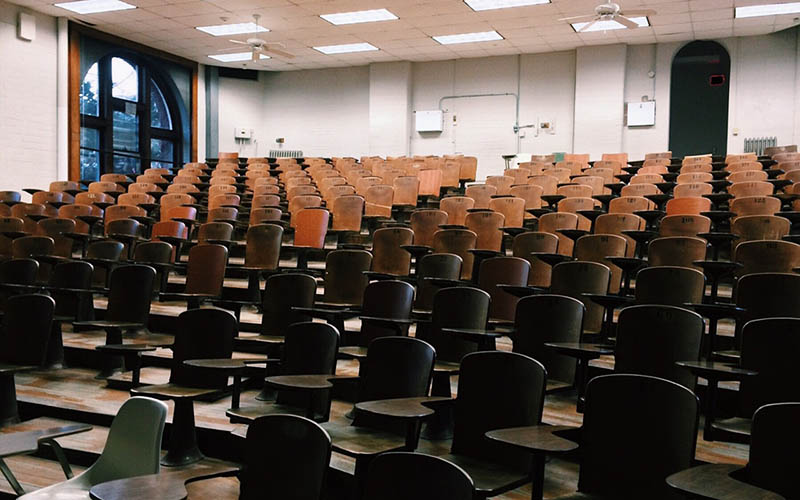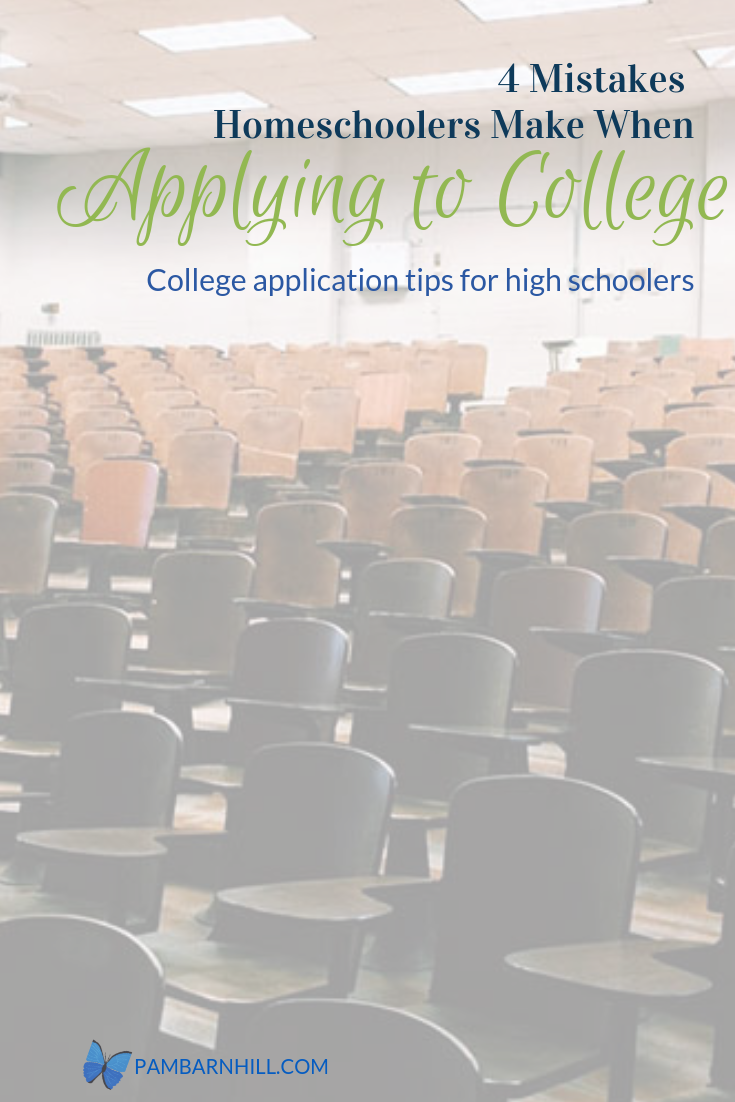
1. Having no plan for where to apply
Lack of focus leads to a waste of time. Lack of focus leads to spending time and money resources in directions that are unhelpful. Lack of focus when it comes to applying to college can often result from the failure to create a school list.
Well, what is a school list? A school list, at least a well created school list, is your best friend during this process. A school list is the tool you use to narrow down the 5000+ college and universities in the United States into the 5-10 you actually want to apply to. A school list is the tool you rely on to ensure that you are looking at and considering the right schools for YOU.
A good school list means you are applying to only schools that uniquely fit your goals and qualifications. You will not haphazardly be throwing out applications at $40 a pop. It means you have researched and identified the schools that are best for you, possibly uncovering some lesser known schools that, despite their obscurity, are a great match for you.
Homeschoolers need to create a school list when considering college.
Creating a good school list requires doing your homework; putting thought into what you want from the college experience, and used research tools to identify schools that fit those goals in a methodical and efficient way.
While it takes time to create a school list, ultimately is saves you time…and frustration and money. (It cost $$ every time you press send on an application). Don’t wing it! Create a school list.
2. Believing that all private schools are too expensive
There are a number of fallacies that homeschoolers believe about college, and this is a major one. In reality, once financial aid is factored in, many private schools are way less expensive than public universities. And despite stats being thrown around in recent years about the average student loan debt for new college graduates, you do NOT have to borrow money to go to school and private schools may in fact be your BEST option to avoid debt.
Schools like Brown, Haverford, Penn, Princeton, Yale, Williams, and others are upping their financial aid game to ensure expense does not prevent admitted students from attending. No-Loan packages are offered at some of these schools, ensuring that your financial need is met by grants, scholarships, work-study and other financial aid categories without requiring loans.
Do you want to graduate from a top school debt free? Consider a top-tier private school.
3. Denying the importance of the ACT/SAT
We are homeschoolers! We don’t like standardized classrooms, standardized education, and we don’t like standardized tests. Unfortunately, most schools do, and if you want to be accepted to top schools, be accepted to Honors Programs or maximize your scholarships, then the ACT or SAT is simply a game you have to play.
The ACT and SAT are important if your homeschooler is considering college.
You are not going to benefit from the No-Loan financial aid package of Williams College or Brown or Penn unless you first get accepted. You are not going to receive that Presidential Scholarship from a state school that will pay all your tuition, room and board for 4-years unless your test scores quality you. You are not going to be accepted to that Honors Program that will not only challenge you intellectually but provide significant scholarship unless your test scores make you a competitive applicant.
Like it or not, taking the time to study for the ACT or SAT is well worth it if you aspire to any of the above.
4. Thinking you can take your time
There are many schools which accept applicants on rolling admissions. That means you can apply at any time, they will review your application whenever it is received, and if accepted, you are able to start the next semester.
That plans seems low stress – why not take that approach?
You may be taking your time out of indecision: I’m not sure where I want to go (HINT: create a school list), if I want to go (acceptance does not obligate you to go), when I want to go (you likely can defer for a year). Or maybe it’s plain ole procrastination.
Whatever the cause, you are not helping yourself.
Delaying college application has consequences.
- Delaying can cost you thousands in scholarships and other financial aid. The FAFSA and CSS profile open up on October 1 – your delay in filling out those forms can mean less financial aid awarded to you.
- Many schools have scholarship deadlines that precede their regular decision deadline. That means while you may have qualified for thousands in scholarship money, if you miss that deadline, you are out of luck.
- Even if money isn’t a factor and mom and dad are ready to write out $30,000 checks each year for school, the longer you delay, the greater the pressure becomes. If you apply Early Action, you find out sooner if you are accepted and can make decisions based on that outcome. If you get into your reach school December 15, you can choose to accept that offer and be done with the process. Or, you can choose to apply elsewhere. But if you wait until the regular decision deadline for everything, you are extending the process unnecessarily and leaving yourself without any wiggle room on the timeline of college deadlines.
For more on creating a solid school list and avoiding all of these errors, check out Highschool to Higher Ed.
- Four Mistakes Homeschoolers Make When Applying to College - March 21, 2019




